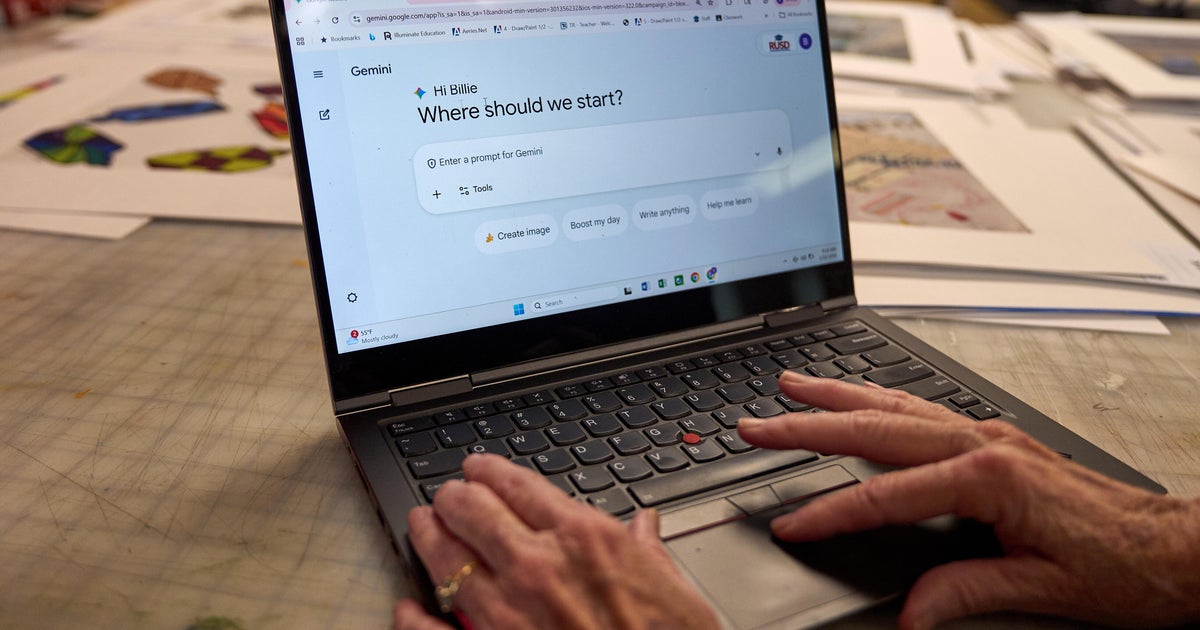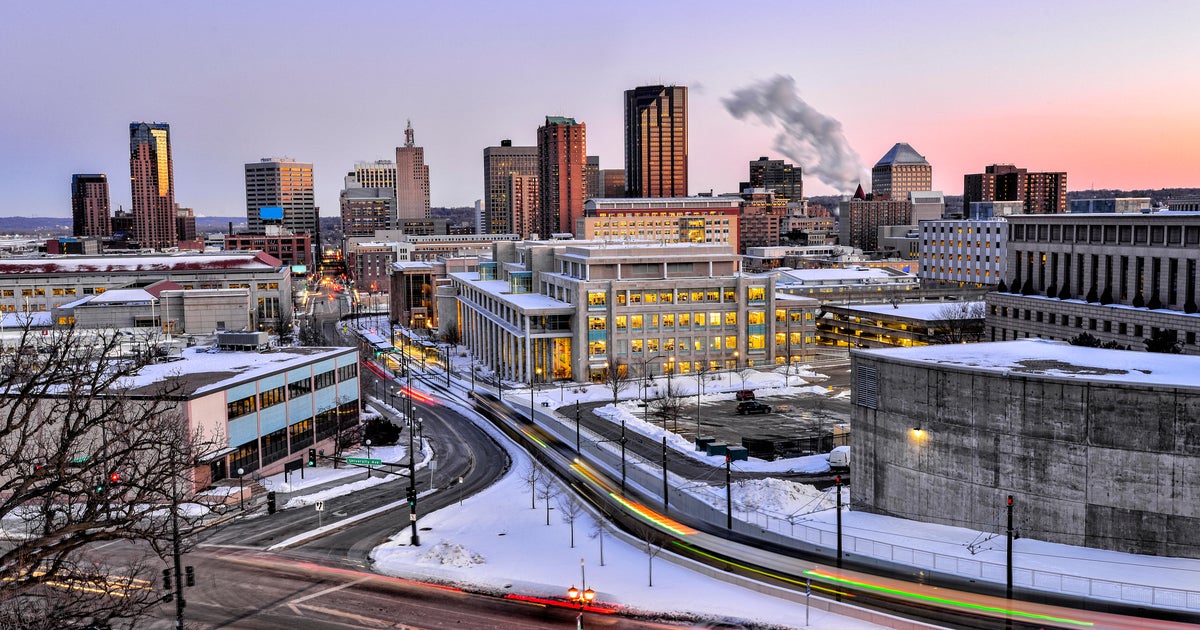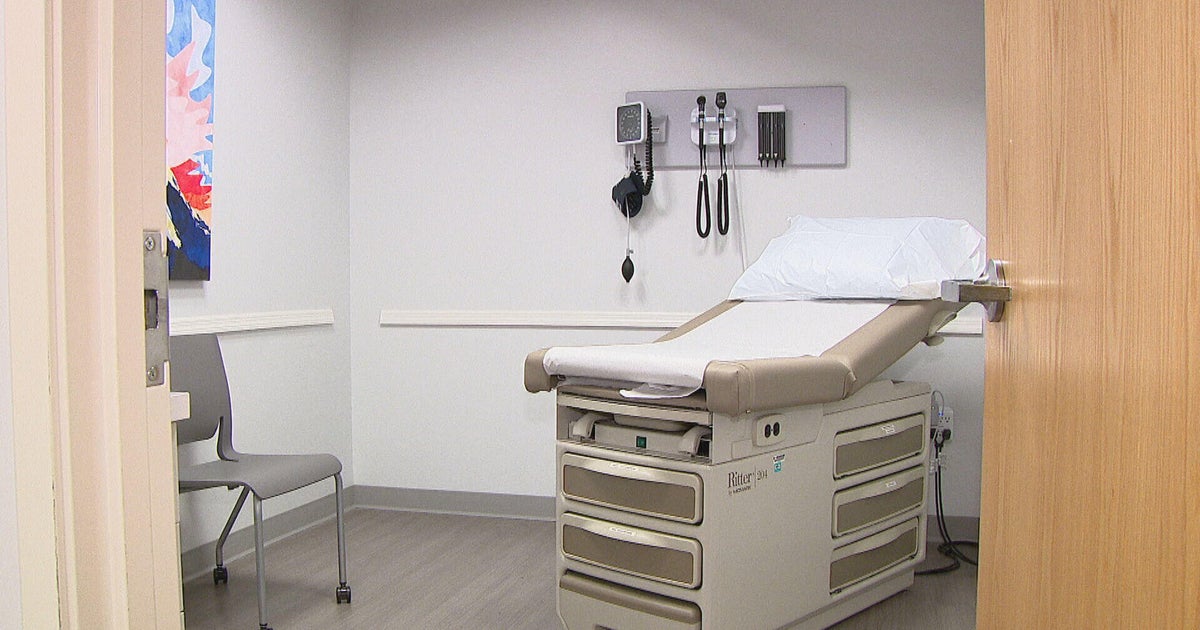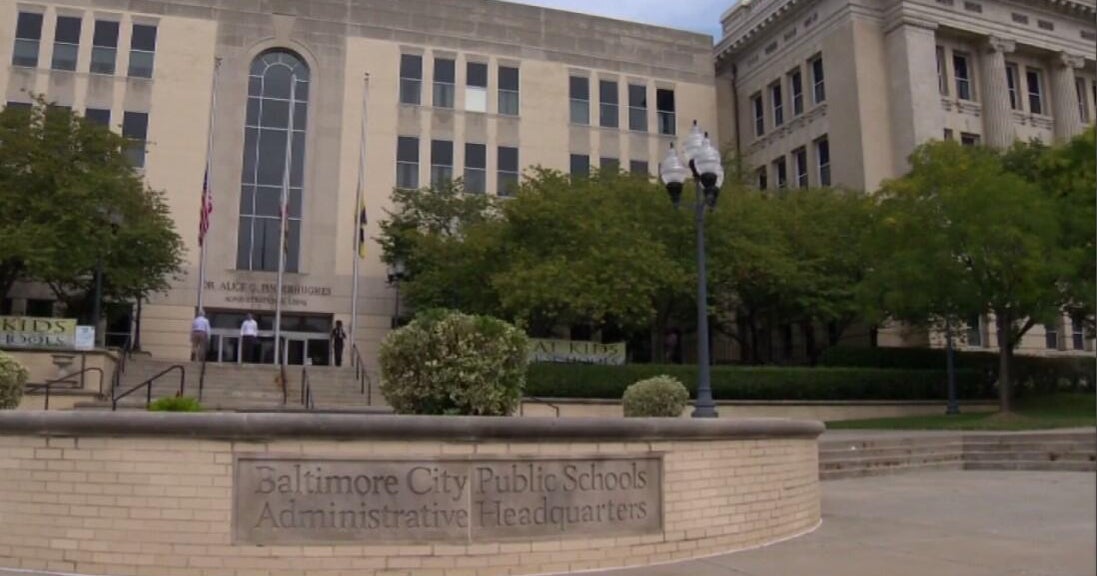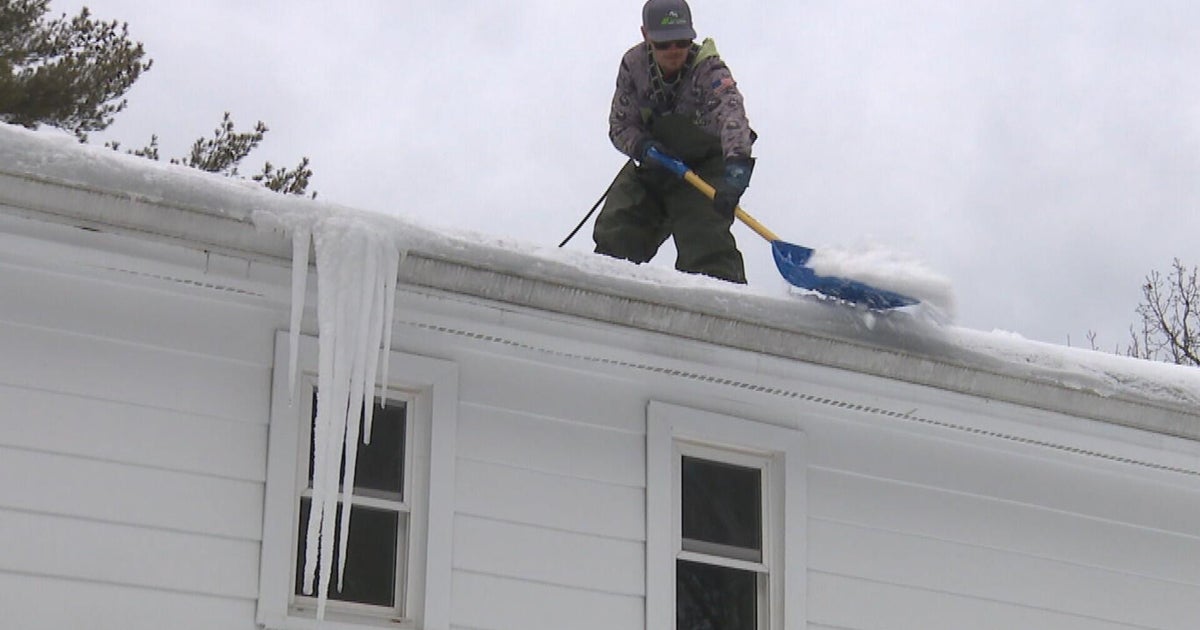Facing world's likely hottest year on record, Chicago researchers seek solutions
CHICAGO (CBS) -- We are living through what is likely the hottest year ever recorded, according to climate scientists, who say it could not have been possible without human-produced greenhouse gases.
What impact will that have in Chicago? Researchers are working to study the impact of these rising temperatures.
"It's not only a global issue, it's of course a local issue too," said Illinois State Climatologist Trent Ford.
Brand new climate data show 2024 is "virtually certain" to be the warmest year on record.
If that warning sounds familiar, it's because those same scientists tracked the same warming trend last year.
"We see kind of similar patterns," Ford said. "The variability of year-to-year with the climate doesn't mean every single year is going to be the warmest year on record, but it means there is a better chance in future years we are going to break this record."
Researchers at the University of Illinois Chicago are looking into possible solutions to mitigate the impact of those rising temperatures.
A team selected by the National Institutes of Health's Change & Health Initiative has begun working on monitoring how the rising temperatures are impacting our health.
"We are looking for solutions," said Miquel Gonzalez-Meler, a UIC professor and deputy director of the university's Center for Climate and Health Equity. "People with respiratory disease, like asthma, if it gets really hot out there, then we have trouble breathing. And if you have a respiratory disease? That can cause a hospitalization or even death."
Research are studying the impact rising temperatures are having now and what all of this means moving forward.
"I think it will be a wake up call for people," Gonzalez-Meler said. "You can ask farmers in Illinois. It was so dry this year, unprecedentedly dry. They could not even till their fields without getting fires."
Gonzalez-Meler said, while this isn't a record we wanted to break, he believes work like his research team is doing can and will make a difference.
"We want to be optimistic. We can lower the impact this has on people," he said.
The UIC researchers will get $4 million over the next three years to establish research and community engagement activities.


